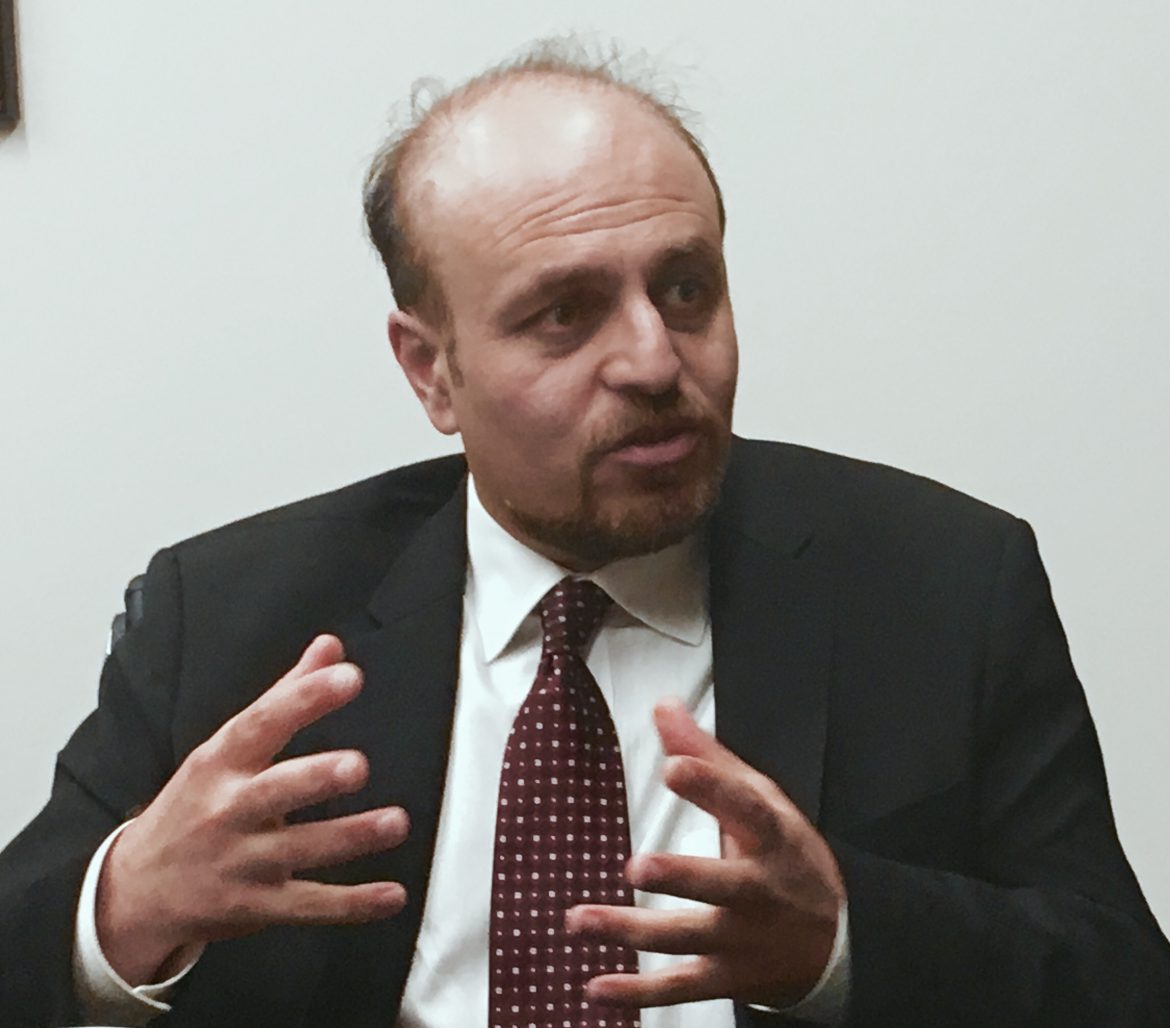Webinar: The Kurdish Question in Iran After Amini’s Murder September 29, 2022
Well, thank you so much, Ceng, and many thanks to the WKI for this timely webinar. Your question has two different parts. Let’s start with the first part, whether we, as Kurdish political parties, play a role in these uprisings. Well, Kurdish political parties have a strong base, and they have been active for a long time. And you know, there is a good relationship between people in Iranian Kurdistan, between the civil society and the Kurdish political parties. Whenever we have asked people to go on a strike, they do so. And this shows some sort of strong base in Iranian Kurdistan. But as was mentioned previously, the case of Jina Amini is the intersection of two different major issues in Iran.
Discrimination and ethnic issues in Iran, it’s like women’s issues and the control of the state over women’s bodies. These two different issues have always been able to mobilize people on a large scale. This time putting these two together actually made it, even more stronger in terms of mobilization, people being able to get together and control the streets in various cities. The Iranian government has always been trying to blame its issues and its problems and what happens in Iran, political parties, and foreign states on the United States and various parties that are actually not involved in this. But it is imperative that we understand the issue that is going on inside Iran is a collection of lots of grievances in the past few years, lots of cleavages in the past few years, and demands that had not been responded to properly. It is correct that Kurdish political parties have a strong base and they have good relations with the people of inside Iran, but it doesn’t say anything about something being orchestrated by parties.
Definitely. The Kurdish political parties have supported the movement. Kurdish political parties have played a role in mobilizing and organizing people. But this issue is that uprisings are not something that Kurdish political parties wanted to orchestrate in the whole of Iran. It is true that Kurdish political parties basically asked for a strike and the Iranian people responded to that. And Kurdish Iranian society basically responded to the request from the Kurdish political parties. They took to the streets and basically started the uprising. But from there, you can run other cities and more than 80 cities in Iran.
Going back to Tara’s points of unification of the people of Iran and unification of international attention. It is not the first time that the Kurdish masses are involved in a popular movement in Iran. In 1905, the constitutional revolution protests from 1977 to 1979 leading to the Islamic Revolution had this Kurdish footprint at large. Each time the Kurds had high hopes that the ethnic issues might be set aside for the greater good of the Iranian people. Are you concerned that this case might repeat, that the Kurdish masses may get involved in protests against the regime, but in the end, still not achieve their ethnic or ethnonationalism ambitions?
Kurdish people inside Iranian Kurdistan, have some specific demands, and different movements inside Iran have different demands at this point. These demands have been constructed on one thing, and that is the toppling of the regime. But that doesn’t mean that we are giving up on other demands that we have inside Iranian Kurdistan, there are specific demands for ethnic rights and human rights issues that have been there even before this regime. And if we don’t do anything structural, they’re gonna last even if the regime actually changes. So yes, there is always this concern that as we saw in Iraqi Kurdistan, as we saw in the history of Iran, the Kurdish movement gets involved heavily and pays a heavy price at the end of the road.
We’re facing a situation where nothing has changed basically in terms of ethnic rights and in terms of the rights of Kurdish people to be able to determine their future. Basically, this kind of fear may be overcome by the strength of mobilization that we see in the case of Gina. But it doesn’t mean that it goes away, it doesn’t mean that it is not a rational threat. It is a rational threat because the issue we have with dominant nationalism in Iran is not that they don’t accept us. Yes, they accept us as little brothers. It’s not that they don’t say we are not there in Iran. It’s okay if they use Kurdish slogans, but it doesn’t mean that using Kurdish slogans doesn’t mean that they’re using a Kurdish perspective or Kurdish discourse in this case.
But quite contrary still, I believe the Iranian nationalism discourse is still strong in society. And that nationalism entails looking at ethnicities as some sort of little brother. As long as this mentality is not changed, I don’t believe that even the change of the regime is going to make any difference for the Kurdish issue. But still, with these different movements that are going on in Iran, the main signifier that they agree upon is the change in regime. We believe if the regime changes, we’re gonna face a situation where we can have some sort of a new social contract between us. We can get together, discuss our issues, and reach a kind of agreement among different political parties, representing different groups in Iran. And this social contract builds a new Iran.

